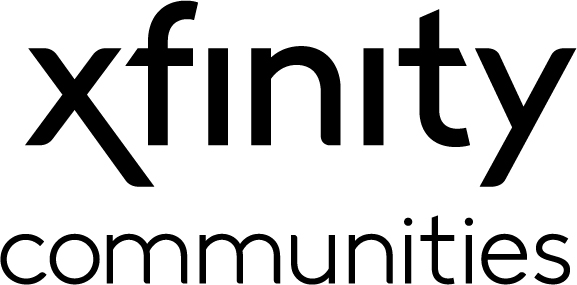Robust Technology Will Transform Chicago’s Core

As downtown and the surrounding neighborhoods emerge from the pandemic, Chicago’s core is being reimagined by developers, investors and city officials.
With nearly 5M SF of vacant commercial space in Chicago's LaSalle Street Corridor, the city is looking to transform downtown into a more neighborhood-oriented space where residents can work, play and live. And regardless of what the future may hold for the city, internet connectivity and technology are sure to play a crucial role in downtown's revitalization.
Since 2016, Comcast has invested millions of dollars expanding its fiber and other network infrastructure across the city to support the next generation of development. The $1.3B investment that Comcast has made in its network across Illinois over the past three years has made it possible for companies to bring state-of-the-art connectivity to The Old Post Office and other major developments, including Fulton Labs at 1375 West Fulton, 300 North Michigan Avenue and BMO Tower at 320 South Canal.
There is, however, one issue posing a major setback for the revitalization of commercial and office space: remote and hybrid work.
"Vacancy rates in the Loop are increasing, which Crain’s Chicago Business recently described as inching 'back up to a record high,'" said Sean McCarthy, Comcast’s regional vice president of business development and strategic initiatives.
"While a lot of companies have returned to the office, not all employees are returning. As a result, some companies aren't renewing their leases or are giving up part of their office space. Simultaneously, the pace of new leases is slowing, leaving existing office space unused and hurting the city's real estate market."
Even though the demand for office space is waning across the city, new office developments in the West Loop are underway, offering innovative, in-demand spaces that feature hoteling, large communal spaces and technology-driven environments.
Office space is not the only real estate sector in downtown Chicago that is experiencing rapid change. Commercial space is being repurposed into mixed-use and residential developments.
“We’re seeing a huge shift in dynamics across the three major real estate sectors in and around the Loop, including commercial, retail and residential," McCarthy said. "Existing buildings that traditionally housed office space are now being converted to residential. Traditional retail will be replaced by more experience-oriented stores, dining and entertainment spaces. Work environments are not only changing, but they’re sprouting up in areas where they weren’t before.”
McCarthy said many Chicagoans still want to live downtown and in the surrounding neighborhoods because of its vibrancy and abundance of opportunity, and the city has listened.
To propel the vision for a reimagined city forward, the city of Chicago recently launched an initiative called LaSalle Street Reimagined, which would “create a more mixed-use, neighborhood-oriented environment along the LaSalle corridor in the Loop.” If this initiative is successful and others are born out of it, both traditionally commercial and residential areas will be integrated.
Marquette Cos. is a major player in the transformation of one of the strongest subareas of Chicago’s core, Fulton Market. Marquette’s Fulton Market projects include Parq Fulton and Evo Union Park. These two developments are challenging industry norms by integrating seamless technology and connectivity into everyday living.
Aside from the developments' electronic shower controls, smart thermostats and keyless entry systems, Xfinity Communities provides its managed WiFi service at Parq Fulton and Evo Union Park, allowing residents to access WiFi throughout the building, McCarthy said.
Xfinity's wireless connectivity powers an entirely new set of technology-driven and supported amenities ranging from smart lights and locks to Parq Fulton’s fitness center with Technogym equipment and Evo Union Park’s private gaming stations.
“Technology is helping us align with the changing dynamics of downtown and the surrounding areas and to deliver an entirely new experience to our residents,” Marquette Chief Operating Officer James J. Cunningham said. “The transformation of Chicago’s core and of our residential properties depends on access to the fastest and most robust internet service possible.”
This article was produced in collaboration between Studio B and Comcast. Bisnow news staff was not involved in the production of this content.
Studio B is Bisnow’s in-house content and design studio. To learn more about how Studio B can help your team, reach out to studio@bisnow.com.

